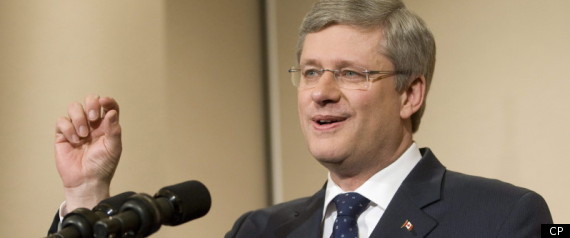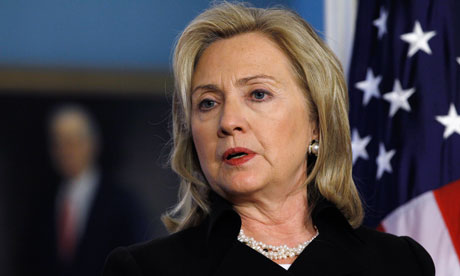One of the most foolish and costly planks of the Conservatives' so-called 'get tough on crime' agenda is their plan to impose mandatory minimum terms of six months imprisonment on those who grow at least six marijuana plants.
It is instructive to consider the likely impacts of such a proposal. A 2005 study of seven years of marijuana cultivation arrests in British Columbia revealed that more than 80 per cent of growers did not have guns or traps at their sites, were not involved in organized crime, and were not involved in any theft of electricity. In other words, most marijuana cultivation takes place without imposing significant threats upon the surrounding community.
Further, and this apparently needs to be said repeatedly -- the consumption of cannabis is much less likely to lead to significant harm and premature death than the consumption of the perfectly legal and socially acceptable drugs -- alcohol and tobacco -- even when rates of use are taken into account.
There is a very real sense in which we -- or at least the Tories -- are operating without a shred of science on our side. Why are they doing this? The costs of jailing marijuana cultivators will soar into the billions of dollars within a few years -- and it will be the provinces, not the federal government, that will have to pay for the construction and operation of these new provincial facilities. Why have the provinces been so silent? Are they looking to create prison industries in rural areas of their jurisdictions, shoring up longstanding unemployment, and potentially converting these voters to their cause? Do they not care about the costs and the consequences of putting thousands of non-violent offenders in jail? Could this money not be better spent on health care, or other more useful collective endeavors?
Full Article
Source: Huffington
It is instructive to consider the likely impacts of such a proposal. A 2005 study of seven years of marijuana cultivation arrests in British Columbia revealed that more than 80 per cent of growers did not have guns or traps at their sites, were not involved in organized crime, and were not involved in any theft of electricity. In other words, most marijuana cultivation takes place without imposing significant threats upon the surrounding community.
Further, and this apparently needs to be said repeatedly -- the consumption of cannabis is much less likely to lead to significant harm and premature death than the consumption of the perfectly legal and socially acceptable drugs -- alcohol and tobacco -- even when rates of use are taken into account.
There is a very real sense in which we -- or at least the Tories -- are operating without a shred of science on our side. Why are they doing this? The costs of jailing marijuana cultivators will soar into the billions of dollars within a few years -- and it will be the provinces, not the federal government, that will have to pay for the construction and operation of these new provincial facilities. Why have the provinces been so silent? Are they looking to create prison industries in rural areas of their jurisdictions, shoring up longstanding unemployment, and potentially converting these voters to their cause? Do they not care about the costs and the consequences of putting thousands of non-violent offenders in jail? Could this money not be better spent on health care, or other more useful collective endeavors?
Full Article
Source: Huffington








